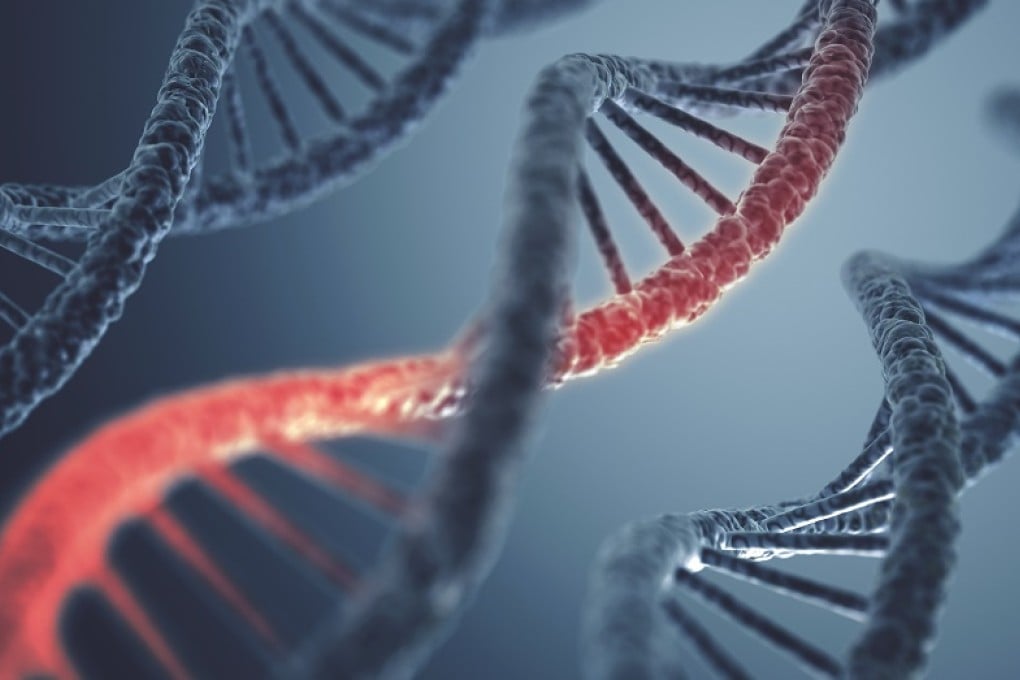Big data analysis reveals gene interactions in cancer
PolyU researchers have developed a novel big data platform for analysing gene interactions in cancer, which was not possible in previous observation.

[Sponsored Article] PolyU researchers have developed a novel big data platform for analysing gene interactions in cancer, which was not possible in previous observation. It has helped identify potential diagnostic and therapeutic target genes in leukemia.
One of the medical conditions not yet conquered by science is cancer, that group of diseases brought on by abnormal changes in genes. While cancer research is being given top priority worldwide, finding the genes responsible is a daunting task given that the human genome features more than 20,000 protein-coding genes.
Conventional method of identifying cancer gene markers focuses on changes in individual genes across the entire genome when cancer patients and healthy people are compared. The interactions among genes and their systemic changes that compose the complicated cancer mechanism are unfortunately neglected. The probable reason for this is that combinations of gene pairs increase geometrically with the number of genes of interest, so analysis could involve about 200 million possible pairs.
Moving away from the limitations of convention, a research team from the Department of Health Technology and Informatics at PolyU has developed a groundbreaking big data analysis platform that detects gene pair interactions in cancer with incomparable effectiveness. Critical to the team's success was its multidisciplinary nature, with a range of perspectives offered by its leaders. Prof. Benjamin Yung is a renowned biomedical scientist with specific expertise in cancer biology, trained and inspired by Prof. Arthur Kornberg, 1959 Nobel Laureate in Physiology or Medicine. Dr Cesar Wong is a clinical scientist specialising in cancer genomics and biomarker development related to cancers common in Asia. Dr Lawrence Chan takes a mathematical focus, with expertise in bioinformatics and artificial intelligence control.
Together, the trio brought their range of skills to bear on developing the platform, which can analyse the interactions of those 200 million gene pairs in only two days – an unprecedented scientific foundation for the analysis of cancer-specific difference in co-expression. Conventional method looking at individual genes would require 200 million experiments, which would be an almost infeasible undertaking.
